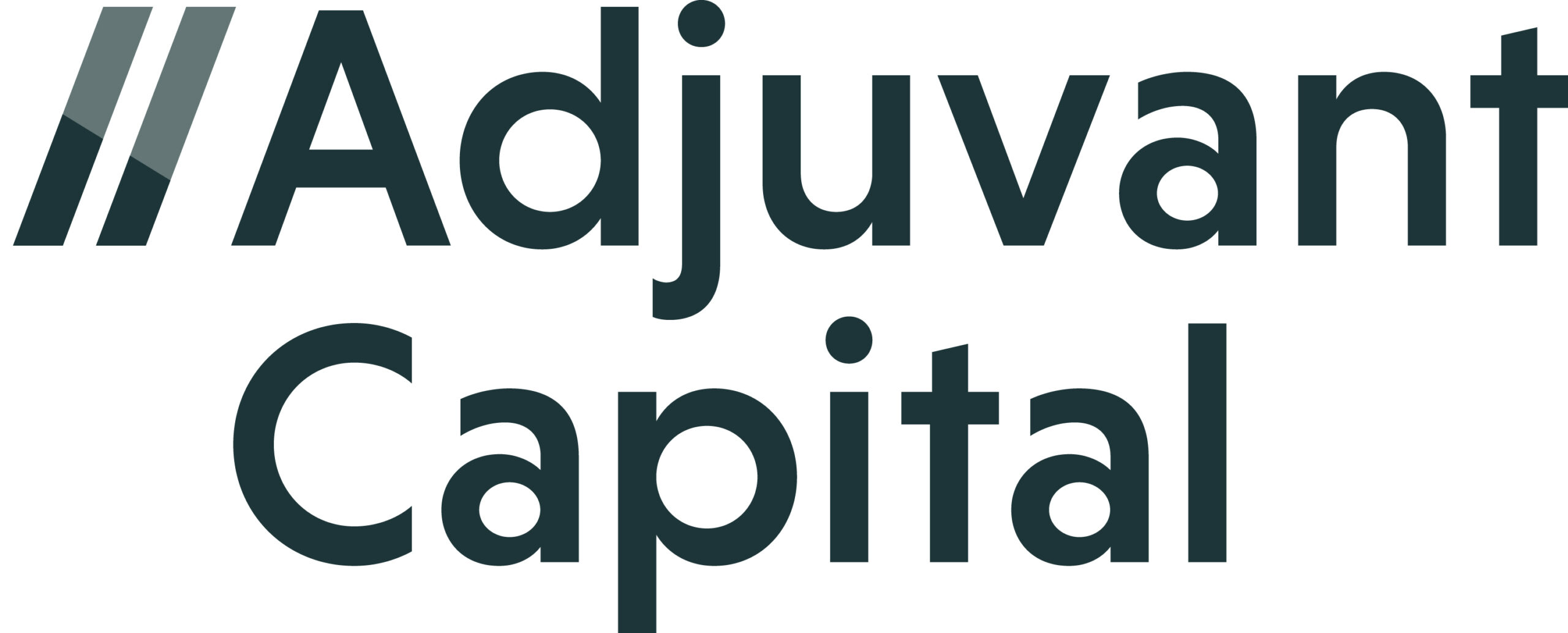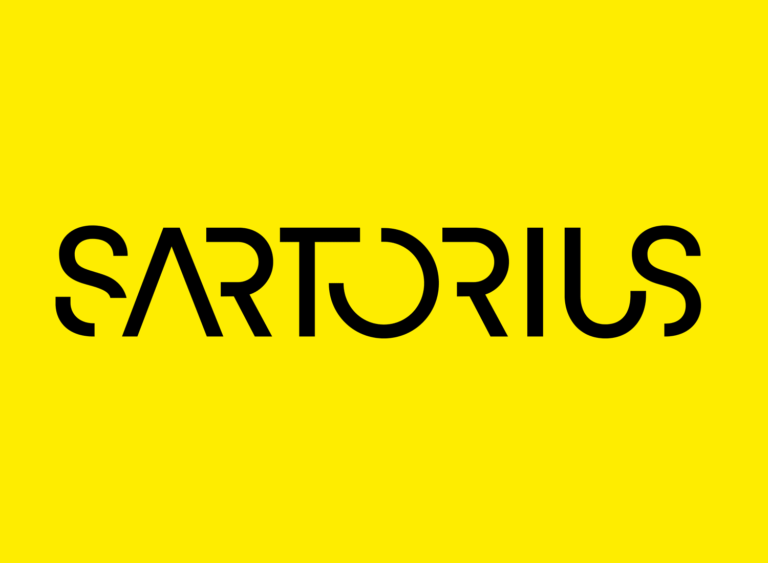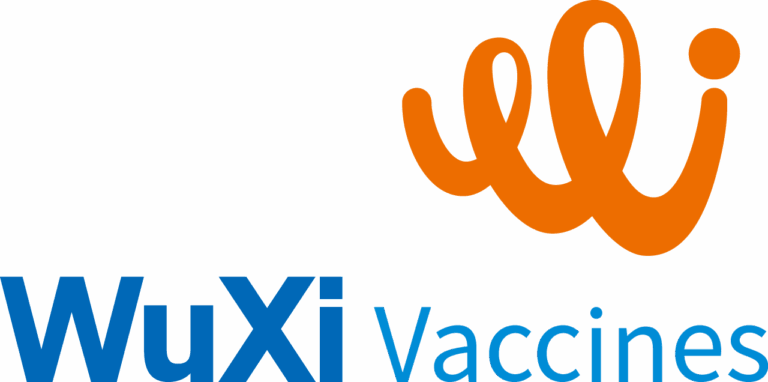- The vaccines innovators and manufacturers who have produced over 15 billion COVID-19 vaccines to date are making a proposal that would ensure new vaccines developed for future global pandemics would reach all priority populations equally, wherever they live, thereby addressing a key element of vaccine inequity that hampered the roll out of COVID-19 vaccines in many lower-income countries.
- The trade bodies representing vaccines innovators and manufacturers who have collaborated closely to bring their collective expertise and knowhow in response to this pandemic, have agreed to jointly endorse the Berlin Declaration framework which outlines how the industry would reserve an allocation of real-time production of vaccines for distribution to priority populations in lower-income countries for future global pandemics.
- The vaccine makers invite the G7, G20 to take up industry’s proposal as an integral part of their future pandemic planning and call on high-income countries to take steps to ensure the necessary political and financial support to deliver the vaccines to lower income countries to prioritise improving their health systems so they are better prepared to distribute the vaccines.
24 October 2022 – The Biotechnology Innovation Organization (BIO), Developing Countries Vaccine Manufacturers’ Network (DCVMN) and the International Federation of Pharmaceutical Manufacturers and Associations (IFPMA) have been key players in the historic effort to scale up the manufacturing of COVID-19 vaccines. Today, the three trade bodies representing vaccines innovators and manufacturers who have acquired unique expertise and have worked closely to bring solutions to the COVID-19 pandemic are contributing to the G7 and G20 discussions an offer of a practical solution to vaccine equity for future pandemics. The proposal intends to ensure that new vaccines developed for future pandemics would reach priority vulnerable populations wherever they live at the same time, and as rapidly as possible. At the close of the meeting “Global Equity & Timely Access: COVID-19 and Beyond” today, hosted by DCVMN in Pune, India, the trade bodies announced that they would join forces in support of the “biopharmaceutical industry vision for equitable access in pandemics” which was launched in July 2022 in Berlin.
To date nearly 16 billion doses of vaccines for COVID 19 have been produced. In the first year of the pandemic 11 billion were produced of which 1 billion were specifically directed to COVAX for distribution to lower income countries. The historic scale up was facilitated by over 350 business to business partnerships, in the form of voluntary licenses and technology transfers. By supporting the vision for equitable access in pandemics, vaccine innovators and manufacturers acknowledge that while innovation, business to business voluntary collaboration and manufacturing scaling up succeeded in an unprecedented way during COVID-19, efforts to achieve equitable access were not fully realized.
The experience garnered by vaccine innovators and manufacturers in this pandemic has led to an agreement on a proposal to not only aim for faster manufacturing scale up, but more importantly, to ensure that in future pandemics new vaccines would reach priority vulnerable populations wherever they lived at the same time. Specifically, the proposal offers to reserve a real-time allocation of vaccines production for vulnerable populations in lower-income countries.
The three trade bodies invite the G7, G20, as well as multilateral organizations and other decision-makers to accept this practical solution and include it in their future pandemic preparedness response plans, whilst impressing upon governments that for the proposal to succeed the health systems in lower-income countries need to be better prepared to absorb and deliver vaccines and treatments, while high income countries need to provide the necessary political and financial support.
The vaccine innovators and manufacturers also outline their support for collaborations, a geographically diverse sustainable manufacturing footprint and mechanisms for rapidly scaling-up supply in a future pandemic. They agree to build on existing manufacturing partnerships, business-to-business agreements set up in advance, ongoing capability development and voluntary licensing and/or early, voluntary technology transfer where this will facilitate rather than impede scale up and global supply. These efforts rely on having a strong innovation eco-system, the removal of regulatory and trade barriers to export. Finally, the proposal emphasizes that without robust pandemic plans to deliver pandemic vaccines, treatments and diagnostics and care to populations in all countries, as well as the ability to export vaccines from where they are made, attempts to improve equity will falter.
| Press contacts IFPMA | BIO | DCVMN |
| Abigail Jones a.jones@ifpma.org | Jacy Gomez jgomez@bio.org | Rajinder Suri r.suri@dcvmn.net |
About BIO
BIO is the world’s largest trade association representing biotechnology companies, academic institutions, state biotechnology centers and related organizations across the United States and in more than 30 other nations.
About DCVMN
Developing Countries Vaccine Manufacturers’ Network (DCVMN) is a voluntary public health driven alliance of vaccine manufacturers from developing countries, firmly engaged in research, development, manufacturing and supply of high-quality vaccines that are accessible to protect people against known and emerging infectious diseases globally.
About IFPMA
The International Federation of Pharmaceutical Manufacturers and Associations (IFPMA) represents over 90 innovative pharmaceutical companies and associations across the globe. Based in Geneva, IFPMA has official relations with the United Nations and contributes industry expertise to help the global health community improve the lives of people everywhere. The industry’s two million employees discover, develop, and deliver medicines and vaccines that advance global health.
BIO, DCVMN and IFPMA are partners of the Access to COVID-19 Tools (ACT) Accelerator of which the COVID-19 Vaccine Global Access Facility (COVAX) is a key pillar. All their members are fully committed to the goal of COVAX to accelerate development, production, and equitable access to safe, effective, and affordable COVID-19










